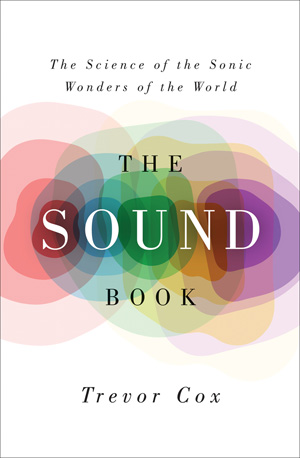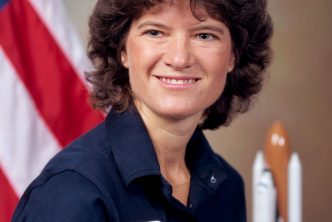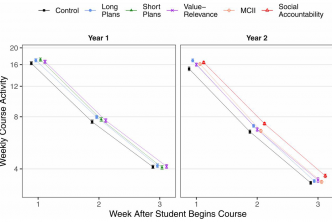Joint review of “The Sound Book” and “I Can Hear You Whisper”, published in The Washington Post:
It may seem odd to learn about sound by silently reading nearly 300 pages of text, but Cox’s breezy and amusing prose helps you share his experience as he searches for the sonic wonders of the world: sands singing in the Mojave desert, rocks ringing in Virginia, Mayan pyramid stairs chirping in Mexico, galleries whispering in England and a road playing music as you ride over its corrugated asphalt in California. While the sounds created by the landscapes, buildings and objects are vividly described, there’s also a site (www.sonicwonders.org) where you can listen for yourself.
[…]
Reading “The Sound Book” made “I Can Hear You Whisper” all the more poignant for me. In the latter book, journalist Lydia Denworth is on a far different journey regarding sound; she is searching for answers as her young son Alex is diagnosed with a severe loss of hearing that allows him to perceive only the loudest sounds. Denworth didn’t realize right away that her soothing bedtime stories, lullabies and sweet “I love yous” weren’t being heard.
[…]
Writing with clarity and style, Denworth serves as a capable guide to a world that few with full hearing are fully aware of. She talked to a host of people closely tied to these issues, from doctors and medical researchers to inventors and educators. A skilled science translator, Denworth makes decibels, teslas and brain plasticity understandable to all.





